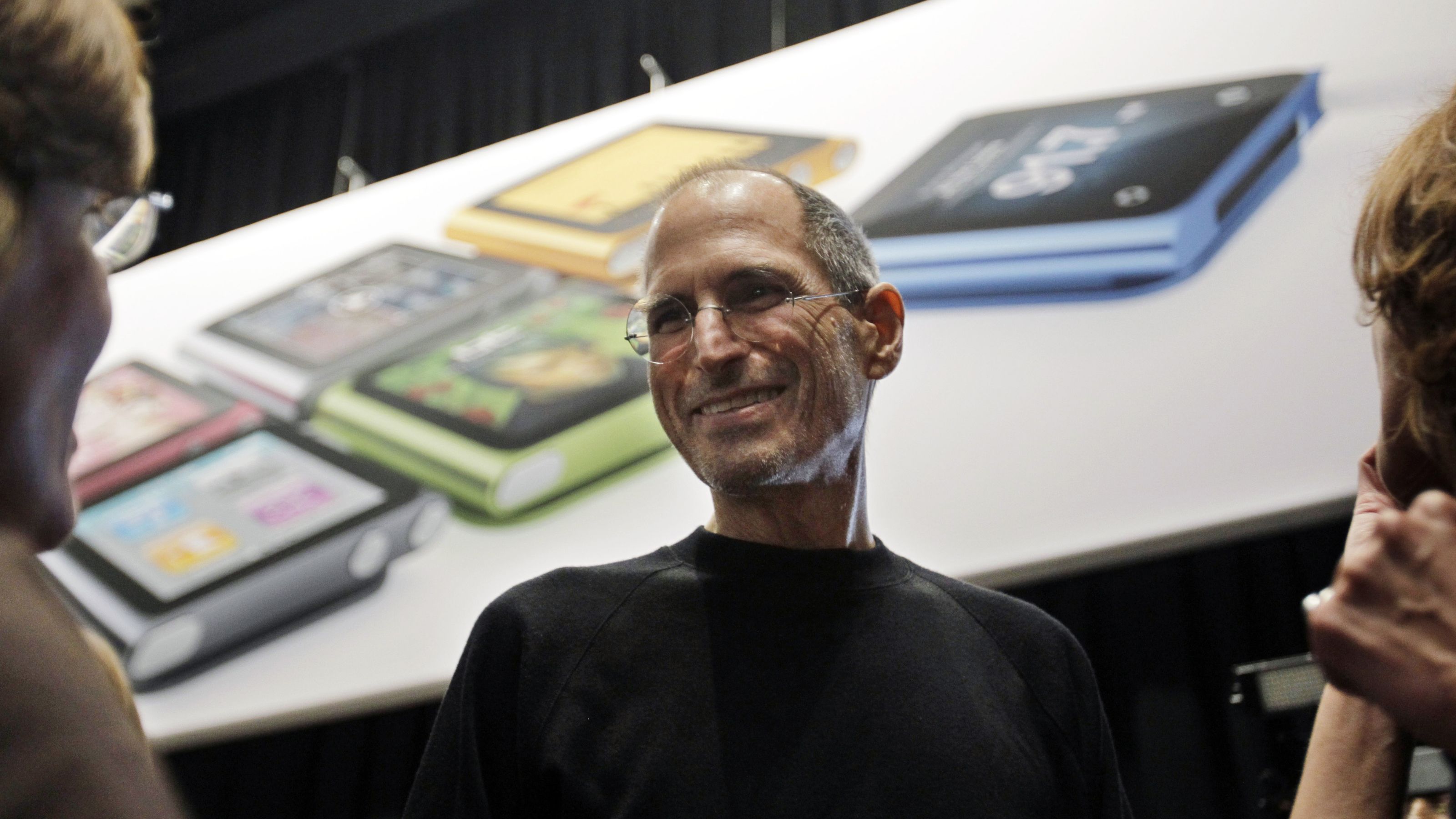 2524
2524
 2018-03-26
2018-03-26

Facebook’s executives have spent much of the past week dealing with the fallout of reports claiming millions of its users had their data harvested from a quiz app without their consent. CEO and Founder Mark Zuckerberg issued a long non-apology on Facebook, and appeared on cable news to explain how the company was responding to what he called “a breach of trust between Facebook and the people who share their data with us and expect us to protect it.”
Zuckerberg should have heeded what he heard from the late Steve Jobs eight years ago. Then, when the social network had a measly half-billion users, Jobs spoke at The Wall Street Journal’s AllThingsD conference, where Zuckerberg was in the audience, waiting to be interviewed himself, and described what privacy meant.
Journalist Walt Mossberg asked Jobs his thoughts on recent privacy issues around Facebook (which at the time was revamping its privacy controls after criticism it was forcing people to share data) and Google (which was literally recording private wifi information), and whether Silicon Valley looks at privacy differently than the rest of the world.
“Silicon Valley is not monolithic,” Jobs responded, “We’ve always had a very different view of privacy than some of our colleagues in the Valley.” Apple, for instance, does not leave it up to developers to decide whether to be dutiful about warning users that their apps are tracking their location data, instead forcing pop-ups on users to alert them that an app is tracking them, and to turn off that ability if they don’t want. “We do a lot of things like that, to ensure that people know what these apps are doing,” he added. It’s a stance his successor, Tim Cook, still holds.
Mossberg then asked Jobs if that applied to Apple’s own apps in the cloud. Here’s what Jobs said:
Privacy means people know what they’re signing up for, in plain English, and repeatedly. I’m an optimist; I believe people are smart, and some people want to share more data than other people do. Ask them. Ask them every time. Make them tell you to stop asking them if they get tired of your asking them. Let them know precisely what you’re going to do with their data.
Zuckerberg has faced criticisms about as long as Facebook has been around about how it handles its users’ data. He apologized in 2007 when a Facebook product took user tracking too far. In 2010, he acknowledged the privacy problem again, and the company changed its settings. And in 2014. And now again in 2018. If the company had been more forthright about how developers could take data shared with them by Facebook users and sold to third parties, it may not have been in the mess it’s in today.
“A lot of people in the Valley think we’re really old-fashioned about this,” Jobs said in the interview, “And maybe we are, but we worry about stuff like this.”
Here’s the full clip:
Source: quartz